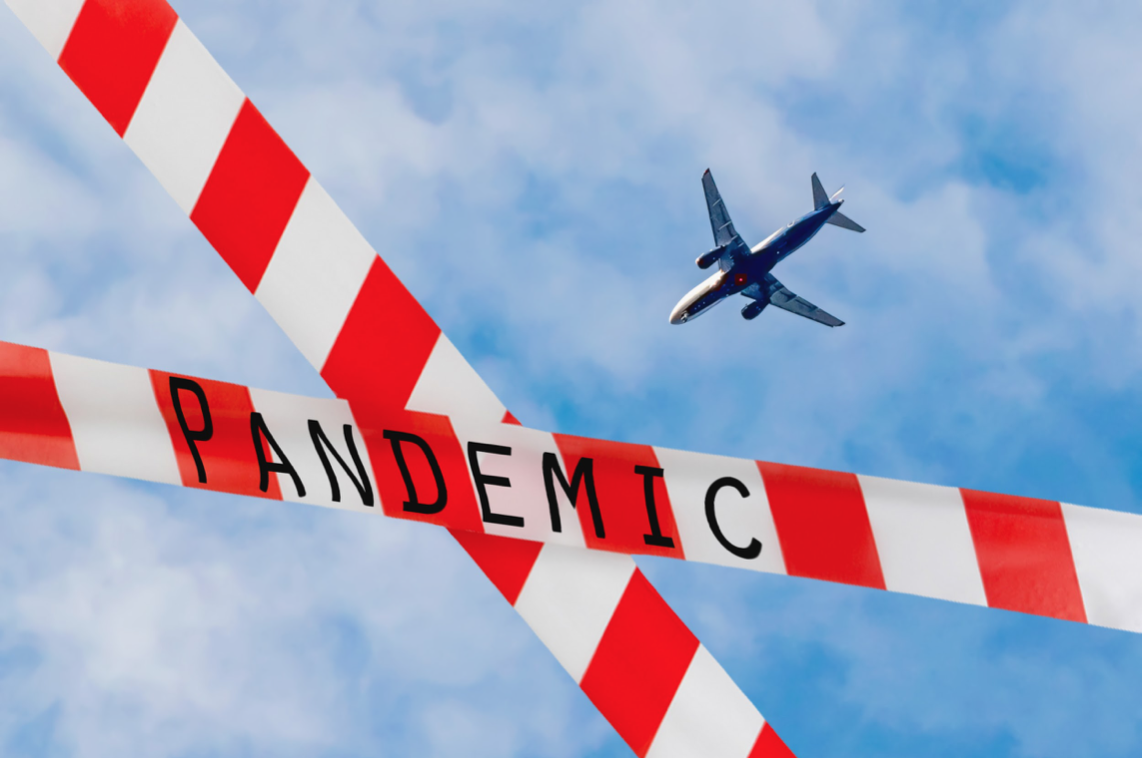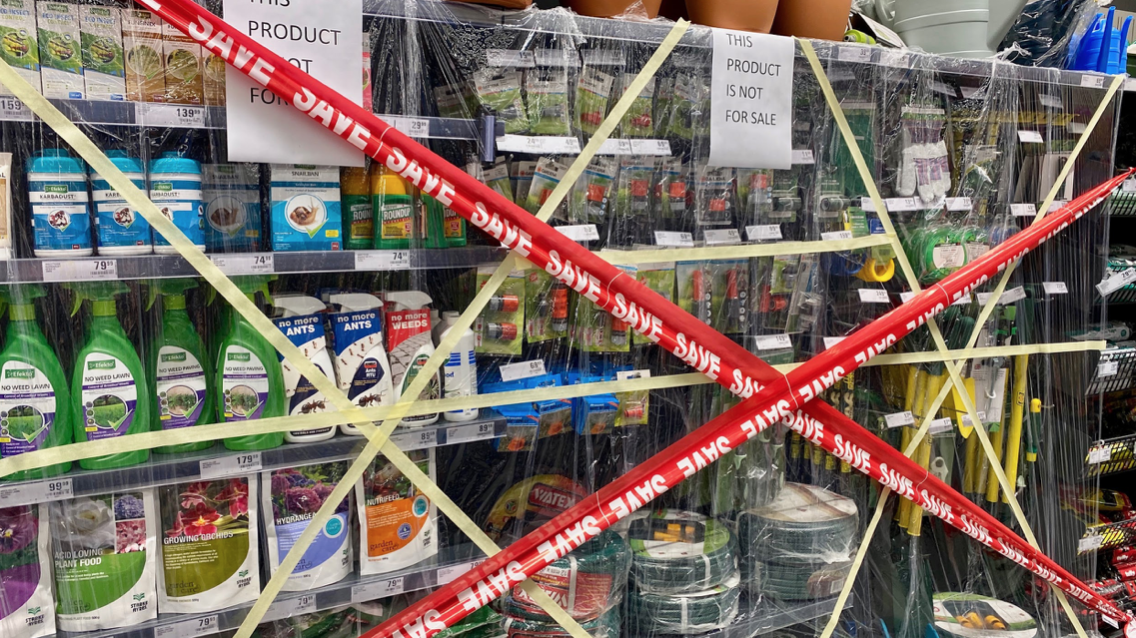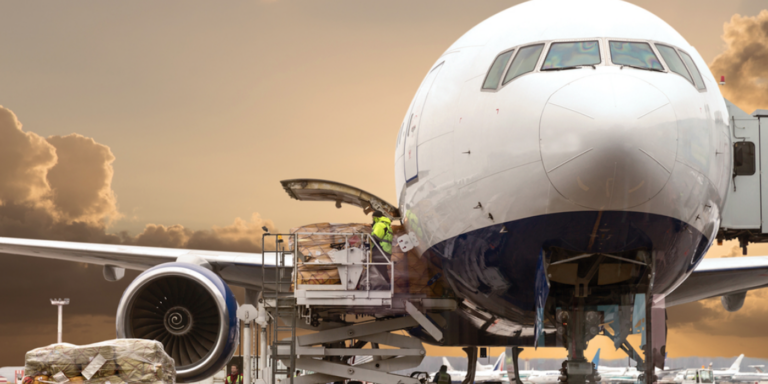Prior to the pandemic, the forecast for growth in the air cargo sector was optimistic, the International Air Transport Association (IATA) predicting revenues would exceed the £12.0 billion mark in 2020. While just below a 4% increase in 2019, this was good news for the air cargo industry. However, these figures will be revised in the short term as a reaction to the virus. It is likely that revenue losses will be reflected in the change in consumer habits, with a decrease in passenger air travel. With a slight staggered increase in cargo operations possible, this offers some hope. Organisations will have to embrace change in order to survive. If history tells us anything, it’s to invest in a robust risk management strategy, then stick to it.
2020 will be a landmark year for many reasons, not just because of the unprecedented spread of the CoronaVirus (Covid-19). It’s definitely set to be a groundbreaking year for aviation, with the industry currently going through a paragon shift on many levels; however, these shifts may not be groundbreaking for the right reasons.

Initial impact
Financial markets have reacted strongly, with airline share prices falling nearly 25% since the outbreak began, some 21% greater than the decline that occurred at a similar point during the 2003 SARS crisis.
The events as a result of Covid-19 are unprecedented. In the last two months, the industry’s prospects in much of the world have worsened. It is unclear how the outlook will develop, with a moderate view at the loss of revenue estimated at US$60 billion, or a broader view leading to a possibility of a US$110 billion loss of revenue, due to this crisis.
Mitigating circumstances
Many airlines are cutting capability and taking unheard of emergency measures to reduce costs. Governments must do something concrete to help. Airlines are doing their best to stay afloat as they perform life-saving tasks, also importantly linking the world’s economies. As governments look to stimulus measures, IATA has asked for tax relief, reduced charges, and changes to slot allocation.
Some good news is that oil prices have fallen since the beginning of the year. This price drop could cut costs on the 2020 fuel bill, on top of the other savings which would be achieved as a result of reduced operations, and possible government input, providing some short-term relief.
Recovery begins

It was mentioned earlier that there may be a staggered increase in operations during the crisis. To be clear, this is not a leveller, but a light at the end of the tunnel, showing a reaction to the way the consumer spending is forecast.
The way the world shops is changing as the effects of Covid-19 take hold. With the majority of non-essential retailers closing stores temporarily, a huge shift to online shopping is taking place. The biggest uplift is in grocery and pharmaceuticals. The data on Google trends from Ocado and Boots shows the recent surge in demand for these sectors, as people look for home delivery as the ‘stay at home’ message is enforced by the UK government. Commentators believe after recovery, the shift to online shopping will remain, and even increase for many households, given the convenience factor.
Embracing e-commerce
To paraphrase Charles Darwin said in his 1859 book The Origin of Species, “adapt or die”. This sentiment is certainly true in today’s crisis. Those companies that are not prepared to fully embrace digitalisation in order to remain competitive will lose out to more modern, updated ventures. Modern companies realise that switching to digital means being able to track goods more efficiently as well as facilitating demand in an ever-changing market. With more customers demanding fast shipping, the accurate handling of any increase in revenue should be at the forefront of any successful business plan.
Enterprises have been offered a lifeline by embracing e-commerce and those who don’t adapt are in for more turbulent times than those who do. The more rapid the pace of change, the more dire the consequences of stubbornly maintaining to your old ways. So this time let’s learn from history instead of ignoring it!





